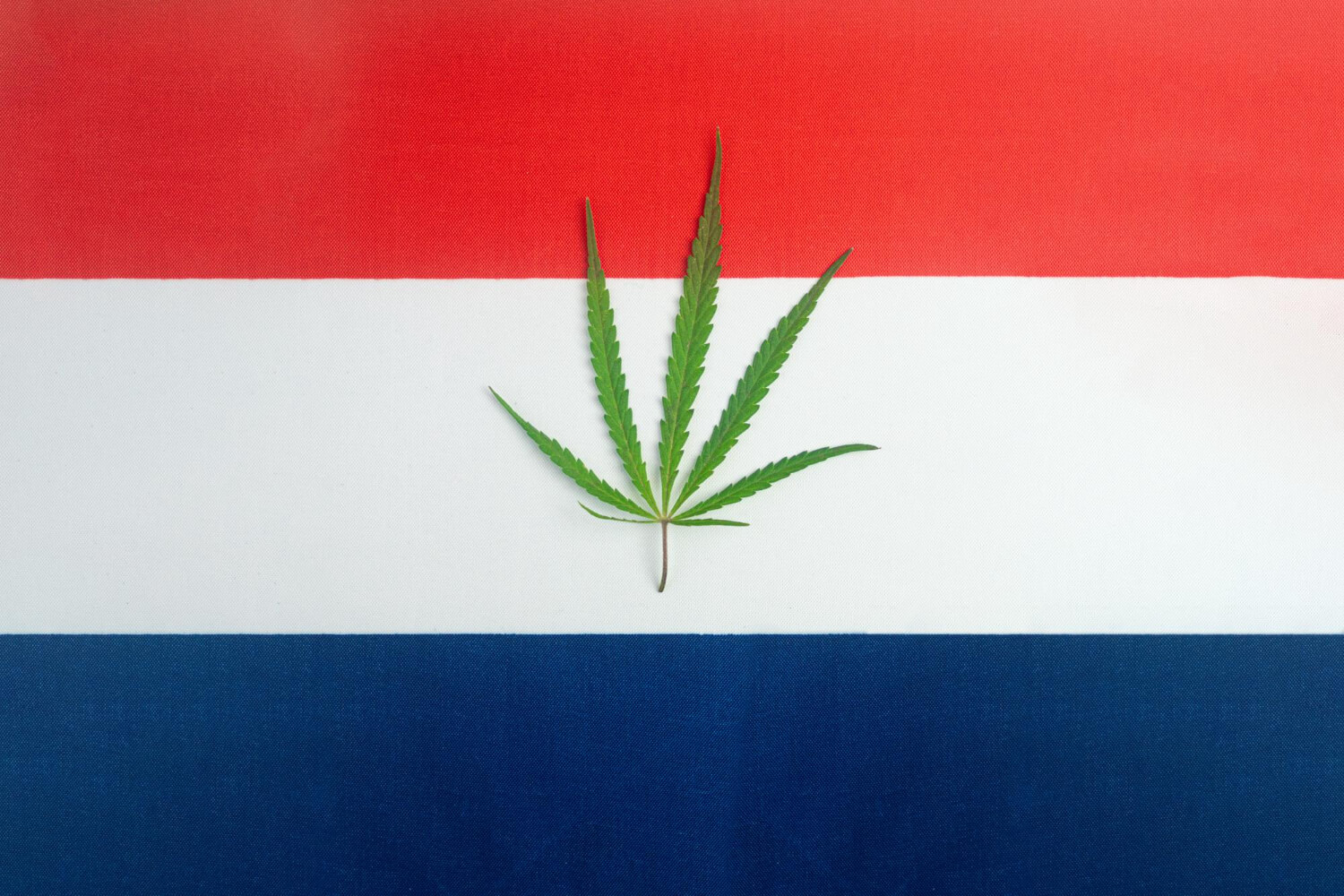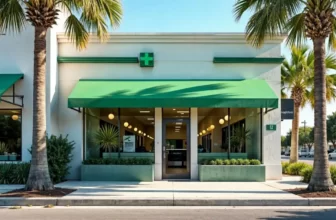The legal status of cannabis in the Netherlands is a subject of global interest amidst the evolving nature of drug laws worldwide. While many perceive the Netherlands as a haven for cannabis users, the reality is more complex.
Technically, cannabis remains illegal, but the Dutch approach is characterized by a policy of tolerance, particularly evident in the famous coffeeshops. This nuanced stance reflects a broader trend of reevaluating cannabis laws, making the Netherlands a focal point in discussions about drug policy reform.
Understanding the Dutch model provides insight into the complexities of regulating a substance that straddles legal boundaries.
Key Takeaways
- Cannabis is illegal but decriminalized for personal use; possession of small amounts is tolerated.
- Coffeeshops legally sell cannabis under strict regulatory conditions.
- Ongoing trials may lead to a shift towards full legalization.
Historical Overview of Cannabis Regulation in the Netherlands
Cannabis regulation in the Netherlands has a rich history, reflecting the country’s unique approach to drug policy. The journey began in 1953 with the criminalization of cannabis under the Dutch Opium Act. However, the pivotal moment came in 1972 when the government differentiated drugs into more and less dangerous categories, placing cannabis in the latter. This led to decriminalizing possession of small amounts (up to 30 grams initially, now 5 grams).
In 1976, this policy gave rise to the iconic Dutch coffeeshops, where selling and using cannabis in small quantities became tolerated under strict conditions. These establishments became symbols of the Dutch pragmatic approach to drug use, aiming to separate the soft drug market from more harmful hard drugs.
Over the years, the number of coffeeshops has been reduced, and regulations tightened to control public nuisance and prevent underage use. The Netherlands’ cannabis policy has been influenced by social, cultural, and political factors, often seen as a balance between public health concerns and individual freedoms.
Medical Cannabis in the Netherlands: Legal Provisions and Accessibility
The Netherlands has been a pioneer in recognizing and regulating the medicinal use of cannabis. Since 2003, medical cannabis, known as “Mediwiet,” has been available through prescription and can be obtained from pharmacies. This program is regulated by the Office for Medicinal Cannabis, which oversees the production and distribution of medical cannabis.
Patients suffering from various conditions, such as chronic pain, multiple sclerosis, and certain mental health disorders, can access medical cannabis if prescribed by a doctor. The Netherlands offers several types of medical cannabis, each with different ratios of THC and CBD, catering to specific medical needs. This system ensures that patients receive a safe, quality-controlled product.
The legal framework for medical cannabis in the Netherlands is a testament to the country’s progressive approach to drug policy, recognizing the therapeutic potential of cannabis while maintaining strict controls to prevent misuse. The accessibility of medical cannabis through legal channels also highlights the Dutch government’s commitment to patient care and public health, distinguishing it from the recreational use of cannabis, which remains in a legal grey area.
Current Legal Status of Recreational Marijuana in the Netherlands
The current legal status of recreational marijuana in the Netherlands is characterized by a policy of tolerance rather than outright legality. Cannabis is technically illegal under Dutch law, but the government has adopted a pragmatic approach, choosing not to enforce the law for small-scale possession and use. This policy is most visible in the operation of coffeeshops, where the sale and use of cannabis are allowed under strict conditions.
These conditions include a ban on selling to minors, a prohibition on advertising, and limits on the quantity sold per transaction. Coffeeshops are also forbidden from causing public nuisance and from selling hard drugs.
While this policy allows for a controlled environment for cannabis consumption, it creates a paradox where the sale is tolerated, but the production and wholesale supply remain illegal. This has led to challenges in regulating the quality and safety of cannabis products.
The Dutch government’s approach aims to prevent the social and health problems associated with drug use while acknowledging the reality of cannabis consumption. This tolerance policy, unique to the Netherlands, has made the country a focal point in international discussions on drug policy reform.
Possession, Cultivation, and Consumption: What’s Allowed in the Netherlands?
In the Netherlands, the laws regarding possession, cultivation, and consumption of cannabis are defined by a policy of tolerance. Possession of cannabis is illegal, but individuals are not prosecuted for possessing up to 5 grams for personal use.
Similarly, cultivating up to 5 cannabis plants for personal use is generally overlooked by law enforcement, although the plants may be confiscated. However, exceeding these limits can result in prosecution and more severe legal consequences. The sale and consumption of cannabis are permitted within the regulated environment of coffeeshops.
These establishments are subject to strict rules: they cannot sell more than 5 grams of cannabis per transaction to an individual, and their total stock must not exceed 500 grams. Coffeeshops are also prohibited from selling alcohol or hard drugs and from serving minors.
Advertising for cannabis is banned, and coffeeshops are responsible for informing customers about the risks associated with cannabis use. This regulatory framework aims to control the cannabis market, reduce public nuisance, and protect public health.
While home cultivation for personal use is tolerated to some extent, the commercial production and distribution of cannabis remain illegal, creating a complex legal landscape for cannabis in the Netherlands.
What Future for Cannabis Legislation in the Netherlands?
The future of cannabis legislation in the Netherlands is poised at a critical juncture. The country is currently experimenting with a trial to fully legalize cannabis in select cities. This trial aims to regulate the entire cannabis supply chain, from production to sale, potentially leading to a shift from the current tolerance policy to full legalization.
The outcome of this trial could significantly influence the future direction of cannabis legislation in the Netherlands. However, the political landscape, including opposition from conservative parties, may impact the progression towards legalization. The Netherlands remains a key player in the global conversation on cannabis policy reform.
To Sum Up
Is Marijuana legal in the Netherlands? The answer is complex. Cannabis remains illegal under Dutch law, but a policy of tolerance allows for its regulated sale and use in coffeeshops. The Netherlands occupies a unique position in the global discourse on drug policy, balancing public health concerns with a pragmatic approach to cannabis use. Ongoing trials in select cities may pave the way for full legalization, marking a potential shift in the country’s drug policy. This evolving landscape underscores the Netherlands’ role as a bellwether in the debate over cannabis regulation, balancing tradition with progressive change.









